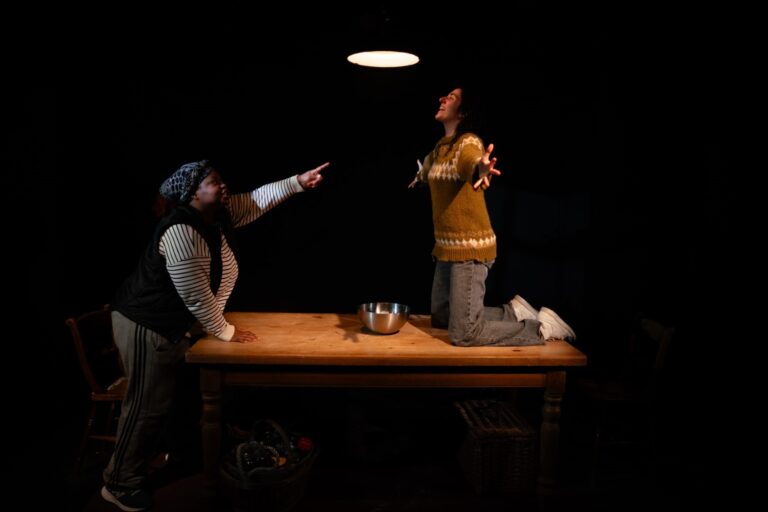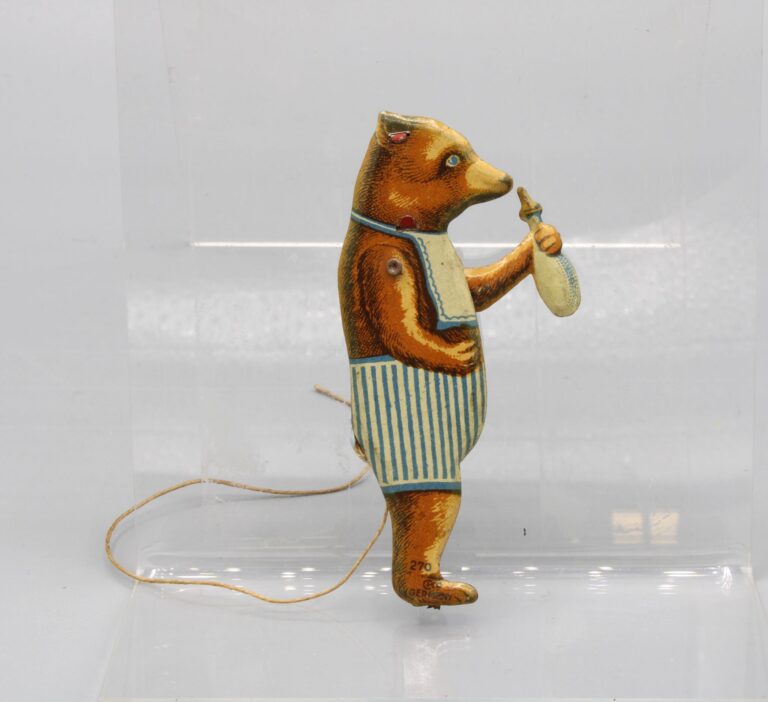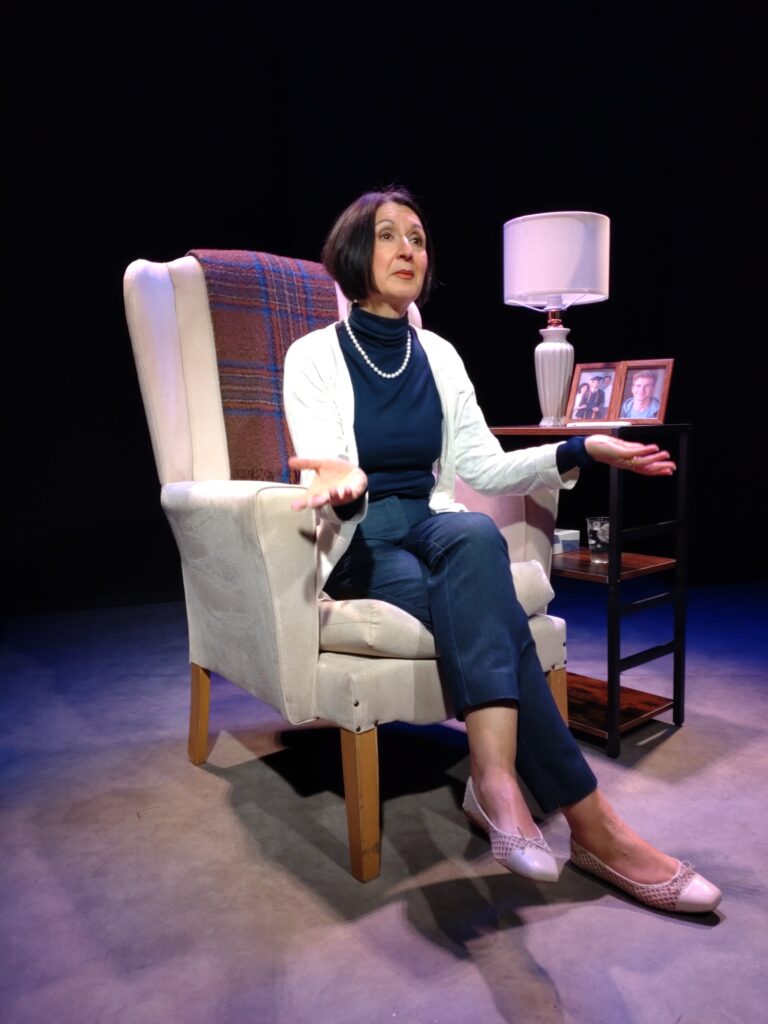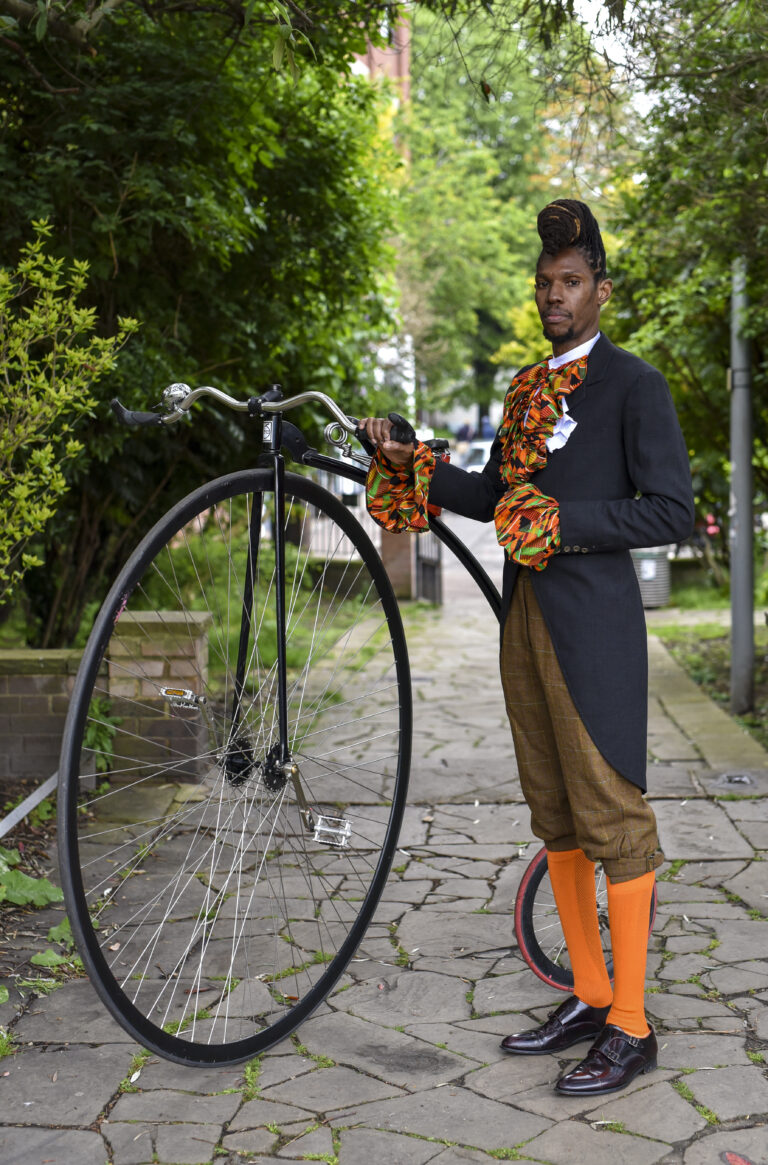Within a few minutes of being seated in the Brockley Jack theatre, it became apparent that I was not among a group of strangers. I watched in mild disbelief, as yet another audience member arrived to find their seat, only to smile and wave as they spotted three familiar faces in the crowd. Unnerved by the feeling I was drawing attention to myself with solitary silence in a room full of chatter, I stared at my phone, writes Caitlin Odell.
‘Do you come here often?’
I’d been detected by the woman to my left.
‘No, but it seems as though everyone else does…’
‘Well, yes, most of us live locally. But I suspect we’re all here because, you know…’
I stared at her blankly.
‘Because we care about climate change’
I didn’t have a chance to respond before the lights went down.
But writer and protagonist Imogen Wilde didn’t take the liberty of assuming she was catering for an entirely likeminded audience. Whilst this eco-thriller makes no apologies for its right-bashing commentary on the disturbing state of our natural environment, the multiracial and multigenerational cast laid the foundations for a more nuanced conversation on the social politics of the climate crisis.
When Millie arrives at the sustainable commune in the Scottish Highlands, she is met with contempt by some of the residents. Jay, weary and frustrated at the prospect of another self-congratulatory white, middle class eco-activist, he initiates her with a series of charged discussions, before she wins his acceptance. It is through Millie’s conversations with each of her fellow residents, that some of the play’s most pertinent themes are explored.

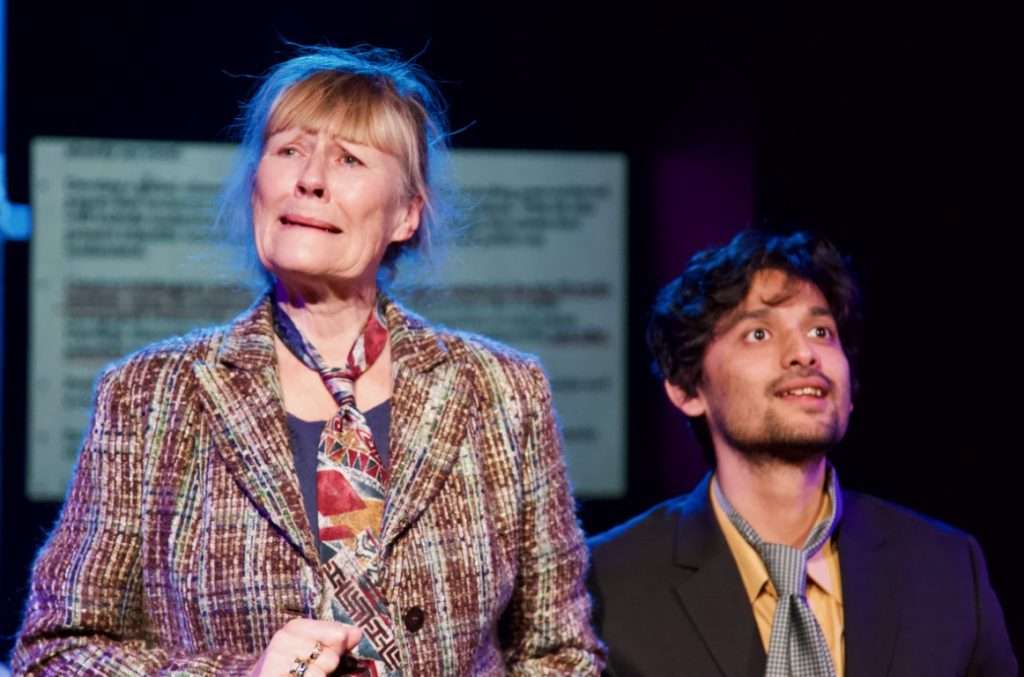
As Millie shares the grievances of her fraught relationship with her ‘denier’ parents, she speaks to the mutual frustration felt between Gen Z and their Gen X and boomer relatives. Careful not to alienate this audience, Wilde uses middle-aged, upper middle-class resident, Sylvie, as their mouthpiece. Warm, eccentric and frightfully well spoken, Sylvie is a smartly crafted conduit for the fears and anxieties that fuel some of the older generations’ resistance to change.
But it’s the discourse between Millie, Jay and Ramesh that the more complex tensions are addressed. Before their friendships are fully formed, Millie is confronted with her race and class privilege, forced to consider the role it has played in affording her the time and resources necessary to dedicate her life to climate activism. And whilst the urgent need for drastic action is never questioned, these conversations remind us of the hypocrisy of attaching too much moral value to a cause that can only be a priority for some.
Despite grappling with a number of contentious issues, The Knowing is refreshingly light-hearted, while maintaining its self-awareness throughout. I couldn’t help but laugh as Millie and Jay ponder over the echo chamber in which they’ve come to exist, gazing back at the faces of an audience who were apparently all there for the same reason.
Brockley Jack Studio Theatre, 410 Brockley Road, London, SE4 2DH until 11th Nov 2023 at 7.30pm.
Box office: www.brockleyjack.co.uk or 0333 666 3366 (£1.80 fee for phone bookings only)
Tickets: £17, £15 conc., 14+



